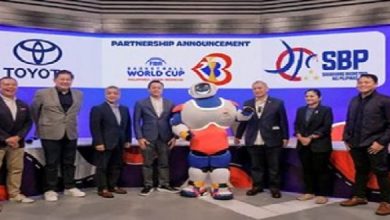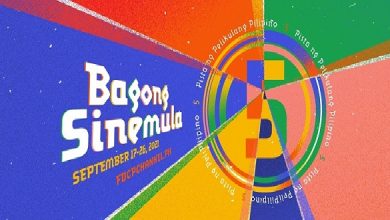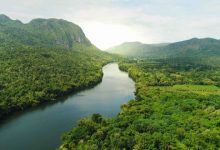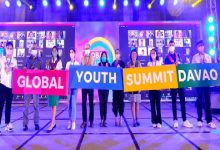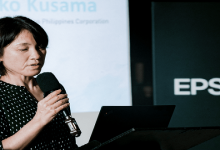
Plastic pollution has reached gigantic dimensions worldwide and has caused serious consequences to marine life and the well-being of society.
The Philippines, based on a 2015 modeling study, has been considered as one of the 10 top countries contributing to plastic pollution, has been continuously challenged with increasing waste generation and the lack of a sound waste management system.
Building on its No Plastics in Nature initiative, the World Wide Fund for Nature (WWF) Philippines releases a report entitled “Extended Producer Responsibility (EPR) Scheme Assessment for Plastic Packaging Waste in the Philippines”. The proposed EPR scheme has been based on the findings of the first Material Flow Analysis of plastic packaging waste in the Philippines. The report further estimates that the Philippines leaks about 35% of plastic wastes into the environment.

These waste reduction and management conditions shaped the proposed customized EPR scheme in the Philippines.
“We in WWF believe that a mandatory EPR system is a way for businesses to be more engaged in eliminating unnecessary plastics through eco-design and strengthening waste management by being responsible for the end of life impacts of their plastic packaging. It is a driving mechanism for businesses to transform their models and push for circular solutions to reduce plastic generation including refilling and ultimately eliminating leakage of plastic in nature.

Adopting the EPR scheme in the Philippines is a great driver for us to stop plastic pollution,” says Czarina Constantino, WWF-Philippines’ National Lead for the No Plastics In Nature Initiative and Project Manager for Plastic Smart Cities. Working on the entirety of the plastic life cycle, stakeholder collaboration is important in both reducing the production and the consumption of unnecessary plastic, and also in managing plastic products and packaging, ensuring that materials are used as long as possible in our society,” says Joel Palma, WWF-Philippines’ Executive Director.
Nestlé Philippines, one of the leading producers of fast-moving consumer goods (FMCG) in the country, encouraged fellow stakeholders to do their part for nature by supporting the localized EPR scheme.
“At Nestlé, we believe that tackling plastic waste cannot be successfully achieved by a single or linear solution. We cannot achieve this alone, we must work together, to achieve a waste-free future,” says Arlene Tan-Bantoto, SVP and Head of Corporate Affairs and Communications of Nestlé Philippines.

The study is part of the No Plastic in Nature Initiative – WWF’s global initiative to stop the flow of plastics entering nature by 2030 through the elimination of unnecessary plastics, doubling reuse, recycling, and recovery, and ensuring remaining plastic is sourced responsibly. Through this initiative, WWF-Philippines has been working with cities on plastic leakage, policymakers to advocate for a global treaty on plastic pollution, businesses to transition to circular business models, and the general public to campaign and act.

